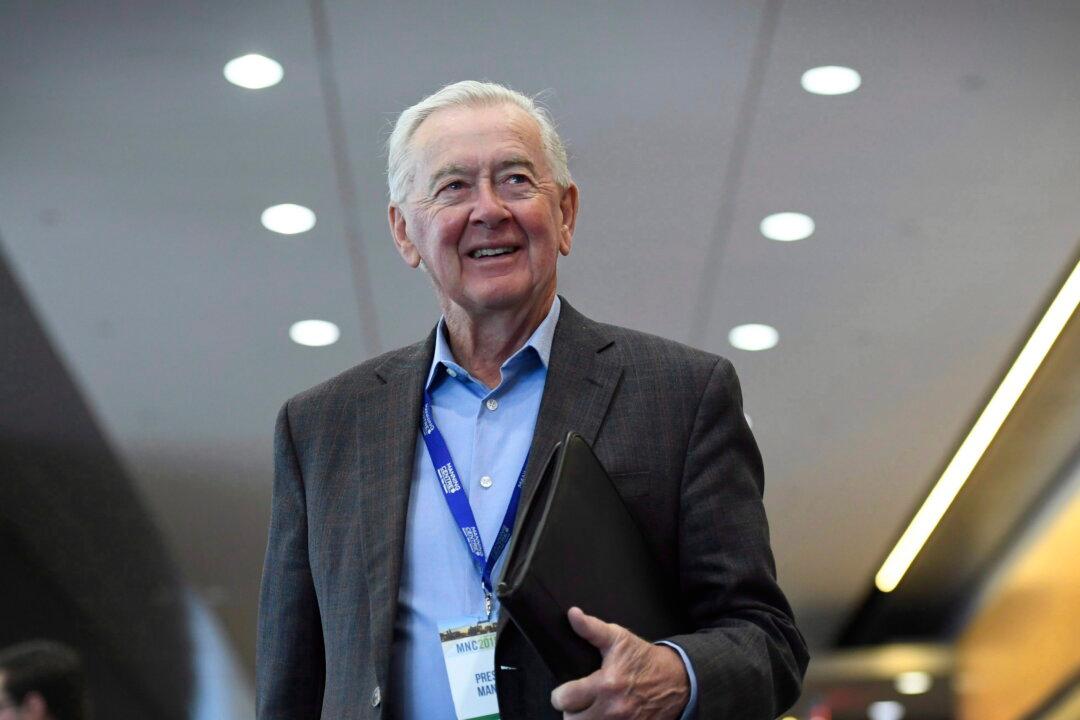Reform Party founder Preston Manning says in a country as vast as Canada, federal parties need to recognize the unique aspirations of different regions, an issue he says hasn’t been a central focus in the current election campaign.
“It’s a huge, huge country. You have Atlantic Canada. You have the Laurentian region that’s made up of Quebec—which is quite distinctive—and Ontario. You have the Prairie region, you have the Pacific region, and you have the northern region,” Manning said in an interview with The Epoch Times.





